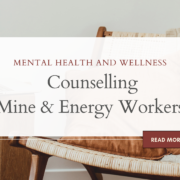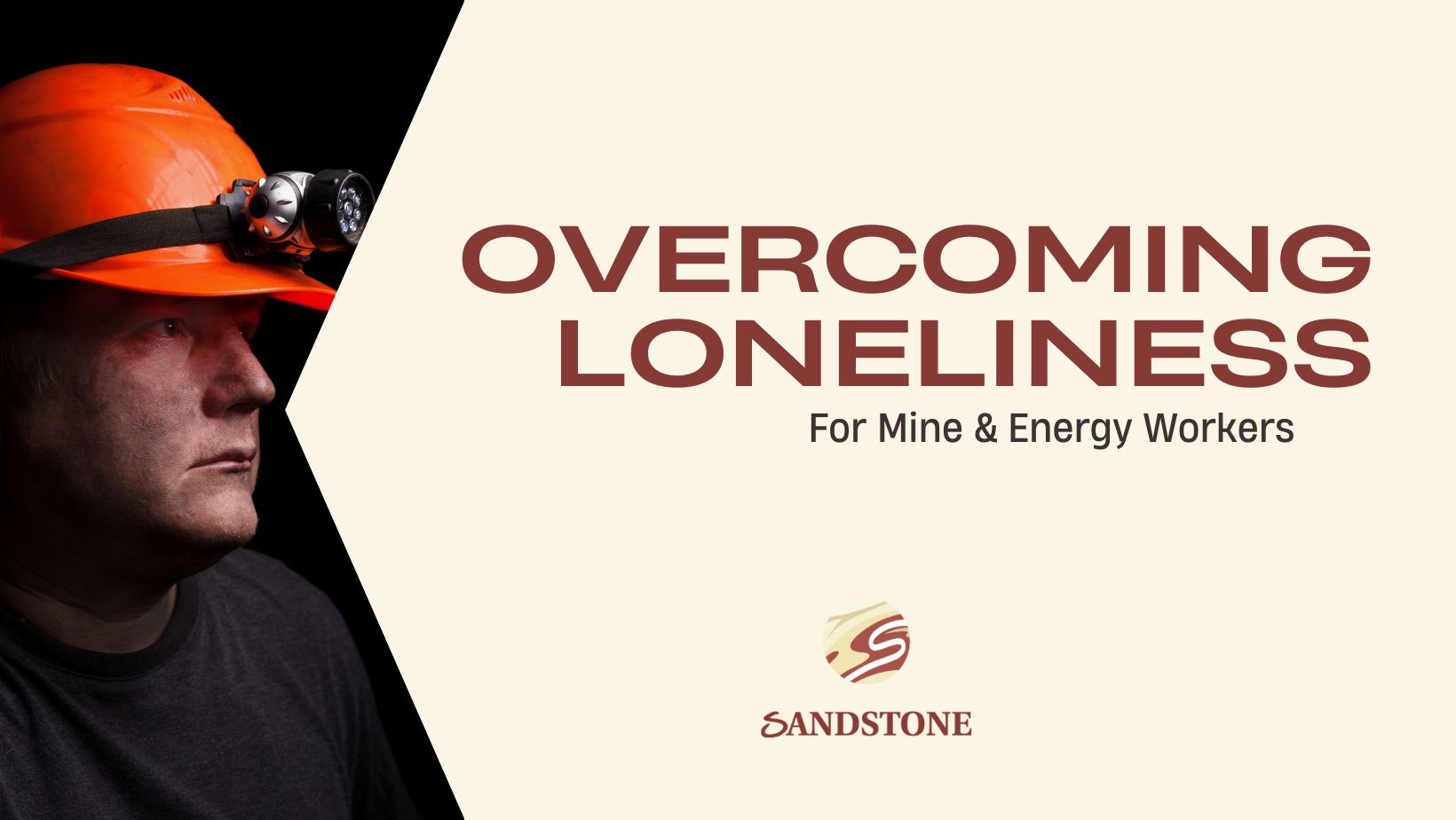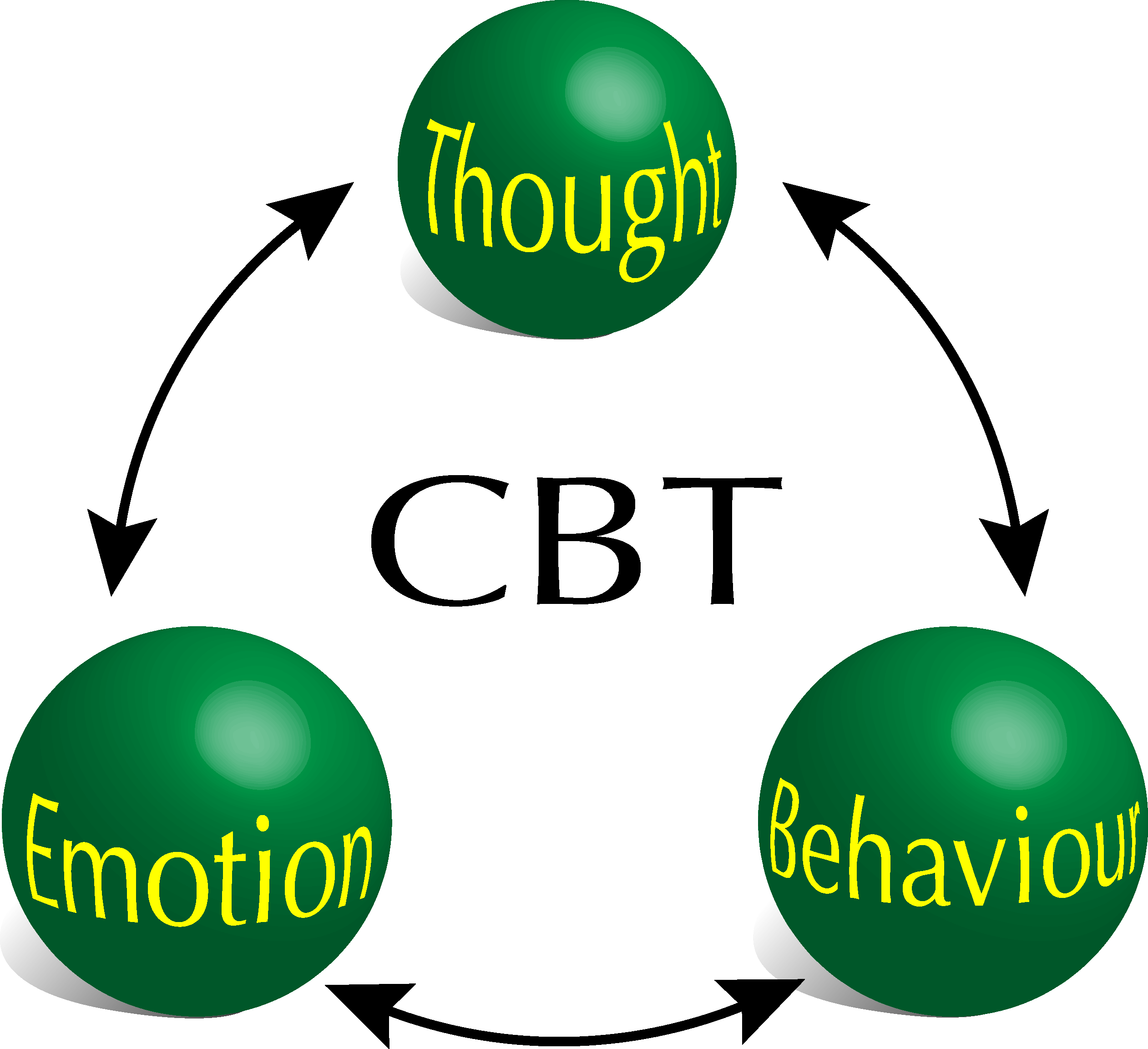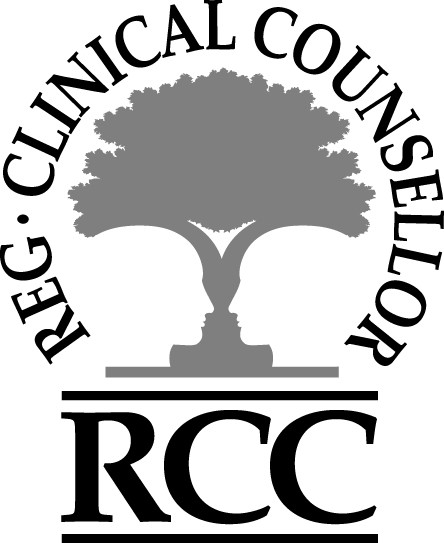Counselling Energy & Mine Workers
Wellness & Mental Health
Self-help forTips Fly-in Fly-energy workers
Work-related stress: The energy and mining sectors can involve physically demanding and high-pressure work conditions, which can contribute to stress and anxiety among workers.
Isolation and remote work: Many energy and mine workers are employed in remote locations or on rotational schedules, leading to feelings of isolation and loneliness, which can impact mental well-being.
Safety concerns: Workers in these industries often face safety risks and hazards, which can lead to heightened anxiety and fear for their well-being.
Substance abuse: Workers in high-stress industries may turn to substance abuse as a coping mechanism, leading to addiction and exacerbating mental health issues.
Post-Traumatic Stress Disorder (PTSD): Workers who experience or witness traumatic events, such as accidents or injuries at the worksite, may be at risk of developing PTSD.
Lack of mental health support: Access to mental health resources might be limited in remote work sites, making it difficult for workers to seek help when needed.
Depression and burnout: Long working hours, challenging conditions, and the pressure to meet production targets can contribute to feelings of depression and burnout.
Shift work and disrupted sleep patterns: Irregular work hours and shift work can disrupt natural sleep patterns, leading to sleep-related issues and increased vulnerability to mental health problems.
Energy & Mine Workers Can Face Multiple Mental Health Challenges
Canada’s energy sector is employing hundreds of thousands of individuals. Fly-in Fly Out (FIFO) work has an impact on workers mental health. Remote Camp, Energy and Mine Workers in Canada are working in high-risk industries like mining and energy extraction and can face unique mental health challenges due to the nature of their work environment and job demands. A recent Research Conducted by the University of Alberta and CISM for Communities is available for more information on the topic. Read More From the given information, distance and time away from home/family are the most stressful aspects of FIFO (fly-in fly-out) conditions for workers in the energy sector. 87% of participants in a study reported some (43%) or a lot (44%) of stress related to the distance. Establishing and maintaining relationships with family, feelings of loneliness, and the inability to be present for family events or emergencies are significant stressors for FIFO workers. Camp living is another significant stressor, with 77% of participants reporting some (46%) or a lot (31%) of stress stemming from camp living conditions. Isolation, a feeling of “entrapment,” poor morale, limited or unhealthy food options, and difficulty maintaining healthy habits were reported as key stressors in camp. Two-thirds (69%) of workers reported stress related to travel/commuting, citing unpredictable conditions, long and tiring journeys, and associated costs as contributors. Travel was reportedly more stressful for workers living outside of Alberta, on night shifts, and on shorter rotational schedules (1-3 days off). Despite the challenges, two-thirds (66%) of respondents felt they were able to balance the demands of work and personal life. However, this balance was lower among those with longer work experience in the oil sands, those with short rotational schedules, and supervisors. Workers on short-off rotations and supervisors reported being in contact with family and friends less frequently while in camp. Transitioning between work and home was identified as an important aspect of FIFO work-life balance and well-being. Participants who found it difficult to transition home cited fatigue and role transition as key challenges. Similarly, about one-third of participants found the transition back to work to be difficult, which was more common among those in more unpredictable circumstances, such as working on and off and at multiple sites. The effects of specific events, such as the COVID-19 pandemic and the economic downturn, were also mentioned by interviewees. Workers reported disrupted travel, prolonged stays, variable compliance with safety protocols in camps, concerns about high contact among mobile workers, and fears of further layoffs. Three-quarters of survey participants indicated being affected by layoffs, intensified demands, and constant uncertainty. Overall, this summary highlights the significant stressors experienced by FIFO workers in the energy sector, including distance from home/family, camp living conditions, travel/commuting, work-life balance, and the impact of external events on mental well-being.
Emotionally Focused Individual Therapy EFIT
Emotionally Focused Therapy (EFIT) has always been used in clinical practice with individuals and with families, especially with clients dealing with depression, anxiety, and trauma- and stressor-related disorders.
How does Emotionally Focused Individual Therapy work?
EFIT uses attachment science to harnesses the power of deep emotion
How Emotionnaly-Focused Intelligence Therapy can benefit to someone?
EFIT
EFIT has demonstrated its effectiveness in over 30 years of clinical research.
Emotionally Focused Intelligence Therapy (EFI) is an evidence–based, empirically–validated therapeutic approach that is designed to help individuals improve their emotional intelligence and enhance their capacity to engage in meaningful and healthy relationships.
This type of therapy can be beneficial to someone who is struggling with communication, understanding, and managing their emotions, as well as developing and sustaining meaningful relationships. Through EFI, individuals can learn to better understand their own emotions and the emotions of those around them, identify and respond to key triggers, increase their self–awareness and self–regulation, and better manage and resolve conflicts.
EFI can also help individuals to better understand and manage their relationships, build healthy and secure attachments, and develop a greater sense of self–confidence and self–worth.
Ultimately, EFI can help someone to lead a more balanced, meaningful, and connected life.
Tele-Counselling Therapy
Secure Tele-Counseling Therapy
Why Tele-Counselling?
We are welcoming the shift to providing a new and incredibly flexible service by offering counselling by telephone or video calls. Recent life events, quarantine, social distancing, family obligations, commuting, and other factors can make it challenging t to adjust schedules to accommodate traditional counselling session in-office.
In response to this need, we now offer BC residents and persons from other locations in Canada, the freedom to access counseling remotely via telephone and our secure online counselling platform.
Research supports the Video counselling as an equally alternative to counselling offered face-to-face or in-person.
What is Tele-Counselling?
When counseling services are delivered by other means than telephone our Tele-Counselling Therapy is delivered using secure, authenticated and
encrypted video/chat application*
Tele-Counselling includes Telephone or Video counselling. Tele-Counselling is a term that provides quick-reference to a remote service offered in either manner.
How can I book a Tele-Counselling appointment with a Sandstone Registered Clinical Counsellor?
Text/Call: (778) 765-4110
Feel free to Fill out the contact form below:
* Internet connections, data, and device(s) are required for secure video counselling. We suggest that you verify your data package/speed with your telecommunication provider.
Tele-Counselling Therapy for Individuals
Some stats about remote video counselling
Recent studies have found that online video counselling is becoming increasingly popular and that it is effective.
According to a 2019 survey, 59% of mental health professionals reported that they used video counselling in their practice.
In addition, 77% of those surveyed said they were satisfied with the quality of video counselling sessions they had administered.
Furthermore, the same survey reported that 80% of clients who had tried online video counselling were satisfied with the experience.
Other research has found that more than half of respondents who have tried online video counselling reported improved mental health outcomes after their sessions.
These results suggest that online video counselling is an effective and viable treatment option for mental health concerns.
Is remote counselling here to stay?
Yes, remote counselling is likely here to stay.
With advancements in technology and the growing acceptance of virtual methods of communication, many counselling services have begun to offer remote counselling via video or phone.
It is becoming increasingly popular as it allows clients to access counselling services from the comfort and privacy of their own homes, and for counsellors to provide services to clients from all over the world.
Remote counselling has also proven to be a valuable resource for those who may not be able to access traditional in–person counselling due to geographical or financial barriers. Thus, it is likely that remote counselling is here to stay.
Is Tele-Counseling Therapy for Me?
Pros & Cons of Online Counselling
CBT
Cognitive Behavioral Therapy Counselling | CBT
Cognitive Behavioural Therapy (CBT) is an evidence-based counselling approach that provides clients with concrete and specific strategies to changing thoughts and mood. The foundation of CBT is the simple fact that emotions do not respond to commands, like “relax” or “stop crying”. With this approach, clients are able to change thoughts and behaviours to influence changes in emotion.
The brief history behind CBT
Cognitive Behavioral Therapy (CBT) was first developed in the 1950s by psychiatrist Aaron T. Beck.
He was inspired by the work of Albert Ellis, who was a leader in the development of a form of therapy known as Rational Emotive Behavioral Therapy (REBT).
Beck, however, went beyond REBT, adding elements of behaviorism to the cognitive approach.
This allowed Beck to focus on how thoughts and behaviors were connected and how they influence one another.
In the 1970s, the American Psychological Association officially recognized CBT as an evidence–based form of therapy.
Since then, CBT has grown to become one of the most widely used forms of psychotherapy, used to treat a wide range of mental health issues.
Changing your Behaviours and Thoughts
A comprehensive approach to CBT is used at Sandstone Counselling Centre in which a self-care plan is designed around your individual needs and personality. Together with your counsellor, we bring awareness to troublesome cognitions (thoughts) and unhelpful behavoiurs (what you do).
CBT Counselling to Facilitate Desired Changes in Your Life
You and your counsellor find the solutions, both in your own successes as well as through discovering innovative techniques and approaches to change.
Clients find this process results in significant successes in facilitating the changes desired.
How CBT can benefit someone?
CBT (Cognitive Behavioral Therapy) can be extremely beneficial for someone who is struggling with mental health issues, such as depression and anxiety.
CBT is a type of talk therapy that focuses on identifying, understanding, and changing patterns of thought and behavior that contribute to a person‘s mental health issues.
Through CBT, individuals can learn to recognize and challenge unhelpful thoughts and beliefs and replace them with more helpful and realistic ones.
Additionally, CBT can help individuals learn healthy ways to cope with stress, manage difficult emotions, and improve their overall well-being.
Evidence Based Practice
Evidence-Based Practice Counselling
The Evidence-Based Practice approach balances client’s individual preferences, the nature of the particular concern a client come to counselling with, the most effective research-based methods available, the combination of local resources and the clinical expertise of the counsellor. A result is an Evidence-Based Approach to Care.
The approaches taken at Sandstone Counselling Centre are supported by Evidence-Based Practice and provide clients with a Best Practice Approach to Care.
Best Counselling Practice | Clinically Supported Methods | Research Based Strategies
Evidence-Based Practice (EBP) refers to the utilization of counselling approaches that are supported by research as being the most effective or providing the Best Practice Approach while considering the individual and circumstance.
What are the examples of an evidence-based counselling practice?
1. Utilizing research that supports specific theories, techniques, and interventions.
2. Using empirically–supported treatment approaches to help guide the counseling process.
3. Gathering data from intake assessments, progress notes, and outcome measures.
4. Applying evidence–based interventions and strategies that are tailored to the individual client’s needs.
5. Utilizing evidence–based self–help resources and materials.
6. Referring clients to evidence–based interventions and programs.
7. Engaging in ongoing professional development and training in evidence–based practices. 8. Consulting with other professionals and experts in the field on evidence–based practices.
9. Participating in research studies that evaluate the effectiveness of evidence–based practices.
10. Promoting the use of evidence–based practices in the counseling profession.
Brief Solution-Focused Therapy
Brief Solution-Focused Therapy and Counselling
Brief Solution-Focused Therapy was developed by Insoo Kim Berg, who describes this therapy as having a different focus than traditional models of therapy. In her words …”Instead of problem solving, we focus on solution-building.”
The natural course of counselling is to focus on the problem at hand. Traditional models invite a deep exploration of the problem. What Insoo discovered, is that the focus on the problem does not help people solve problems. True solutions come from discovering the solutions already in play, previously used, previously successful, and natural to the context of the person’s life.
SFBT Rapid Results in Counselling
3-5 Sessions
The collaboration between client and therapist, in uncovering the preexisting natural solutions helps to refocus the client on their strengths, resourcefulness, and inherent problem solving abilities.
Is Solution Focused-Therapy Effective?
Studies have found that solution-focused therapy can be effective in helping people to identify their strengths and resources, to set realistic goals, and to develop effective problem-solving strategies.
In addition, research has indicated that solution-focused interventions can improve a client’s overall sense of wellbeing.
Trained & Experienced Solution-Focused Counsellors
All our counsellors have earned Masters Degrees degrees from authorized degree-granting institutions. They have each completed a minimum of 6 years post-secondary education. Our counsellors are well trained, experienced, and offer support to clients with authentic, down-to-earth styles.
Consistent with solution-focused therapy, help you recognize your strength and resiliency as you explore your problem and the creative solutions you have found during the course of your life.
Schedule you Solution-Focused Therapist Today
Appointments within 24 hours*
Text : 778-765-4110
Mindfulness Cognitive Behavioural Therapy MCBT-MBCT
Mindfulness Cognitive Behavioural Therapy
MCBT-MBCT
The combination of Mindfulness and Cognitive Behavioural Therapy comes naturally. The mindfulness approach to increasing thought awareness or noticing one’s thoughts is the first step in changing thoughts. Mindfulness techniques provide a vast array of methods to the modification of thought and the influence on mood, feelings or emotions.
Mindfulness CBT is an approach that is utilized during sessions as well as provided as an educational approach providing clients with the tools to work these ideas and techniques into everyday life.
Cognitive Behavioural Therapy
CBT | Cognitive Behavioral Therapy | Cognitive Therapy
CBT, Cognitive Behavioural Therapy (Cnd), or Cognitive Behavioral Therapy (US) is a counselling approach that is well known to be effective in treating many mental health concerns. There is a wealth of literature and clinical trials that support the effectiveness of CBT in helping persons through a vast array of mental health challenges such as: depression, anxiety, and emotional distress. The basis of CBT is that if one changes cognitions (thoughts) and behaviours (the things we do), one can change emotional response.
Mindfulness
Meditation | Mindfulness Meditation
Mindfulness is moving out of the active every-day worries of life, and shifting your attention to your experience of the moment. With this meditation-like technique, you draw the attention of all of your five senses into the moment you are in, right now. You shift your focus, away from the thoughts that come and go, into a single point of attention. A simple method is to focus on your breath, then become aware of your body, starting from the bottom of your feet, and notice each and every part as you experience it, occupying space and having sensation. Mindfulness becomes a mindfulness meditation.
Learn How to Apply Mindfulness Techniques
To use a mindful approach within the counselling session, Sandstone Counsellors guide clients into shifting focus. This focus shift is a skill, that can be learned with or without a guide. There are many techniques and ideas available to assist in this shift. Each person tends to develop preferences or may find that one way works better for them than another.
Becoming mindful of the moment, has a particularly calming effect that assists clients through the challenges they face in life. There are infinite applications to mindfulness.
How MCBT can benefit to someone?
MCBT (Mindfulness–Based Cognitive Therapy) is a form of psychotherapy that is based on using mindfulness practices to treat depression, anxiety, and other negative emotions.
It is believed to be particularly effective in treating recurrent depression by helping people become more aware of their thoughts and reactions, and in recognizing and modifying negative patterns of thinking.
By becoming more aware of one‘s emotions and reactions, a person can shift their patterns of thinking to a more positive and adaptive mindset, leading to improved mental health.
MCBT can also be beneficial for reducing stress and anxiety, promoting relaxation, and increasing self–compassion.
Narrative Therapy
Narrative Therapy and Counselling
One of the basic principals of Narrative therapy is to see people as the author of their life stories. The story unfolds in the counselling space, as the client narrates experiences. This narration is accomplished in collaboration with the counsellor (the listener), who through their interest, questions, and curiosity help to build the story with specific emphasis. A client may come into counselling with a story that is saturated with problems and concerns, and through the co-constructed narration with the counsellor, they unfold the story full of strength, resource, and creativity.
Narrative therapy seeks to be a respectful, non-blaming approach to counselling and community work, which centres people as the experts in their own lives. It views problems as separate from people and assumes people have many skills, competencies, beliefs, values, commitments and abilities that will assist them to reduce the influence of problems in their lives.
Alice Morgan’s What is narrative therapy? An easy-to-read introduction.
How narrative therapy can be used in the course of counselling?
Narrative therapy is a type of counselling that uses stories to explore an individual’s life and identity.
This approach to therapy focuses on how the individual’s life has been shaped by their environment, relationships, and experiences.
The goal of narrative therapy is to help the individual create a new understanding of themselves and their life, in order to open up new possibilities and pathways for growth. In the course of counselling, narrative therapy works to uncover the “stories” or narratives that the individual has formed throughout their life.
This can help the individual to gain a better understanding of who they are, where they are at, and how they can move forward. Through narrative therapy, the counsellor can help the individual to uncover patterns in behaviour and relationships, as well as find meaning in their life experiences.
Through this process, the counsellor can help the individual to create a better understanding of themselves and their identity, which can then lead to a more positive outlook and feeling of self–empowerment.
What is Narrative Therapy Recommended for?
Narrative therapy is recommended for a variety of mental health issues, including depression, anxiety, trauma, addiction, and relationship problems.
It can be a helpful tool in helping people to make sense of their life stories and to reframe them in a way that can lead to more empowering and meaningful life outcomes.
It can also help people to develop a healthier sense of self, to develop a stronger sense of identity, and to gain greater control over their lives and the direction they wish to go.
Response Based Practice
Response-Based Counselling Practice
At Sandstone Counselling Centre we use Response-Based Practice as our fundamental philosophy that guides our response to client stories of experiencing violence and other forms of oppression. Clients often share stories that include violence, domestic abuse, emotional abuse, racism, discrimination, and human rights violations with Counsellors. We listen carefully for how persons respond and find stories of resistance.
Domestic Violence | Emotional Abuse | Racism | Discrimination | Violence | Human Rights
Resistance is key. Allan Wade, a BC Psychotherapist, uncovered a new depth of understanding how people respond with resiliency, creativity, and previously not celebrated ways of resisting violence and oppression. Such creativity can be found when people respond with silence, mental resistance, a refusal to believe the oppressor, and many other safe ways to respond. As our clients re-story their stories in counselling, they discover new layers of strength within themselves. This discovery and recognition begins to inform the new ways in which they look upon themselves.
We join the Response-Based Practice team in changing our understanding the term “victim” and transforming it into “strength and creativity based resistance”. For more information on this approach, visit: www.responsebasedpractice.com
Is response-based practice counselling effective?
Response–based practice counselling is an effective method for helping individuals to understand and resolve their problems. Response–based practice counselling focuses on the development of an understanding of the individual‘s underlying feelings and motivations, which can then be used to guide the individual towards a more productive resolution.
This type of counselling also focuses on developing effective communication skills and encourages the individual to build meaningful connections with others. As such, response–based practice counselling can be very effective in helping individuals develop healthy coping skills and make positive changes in their lives.




























